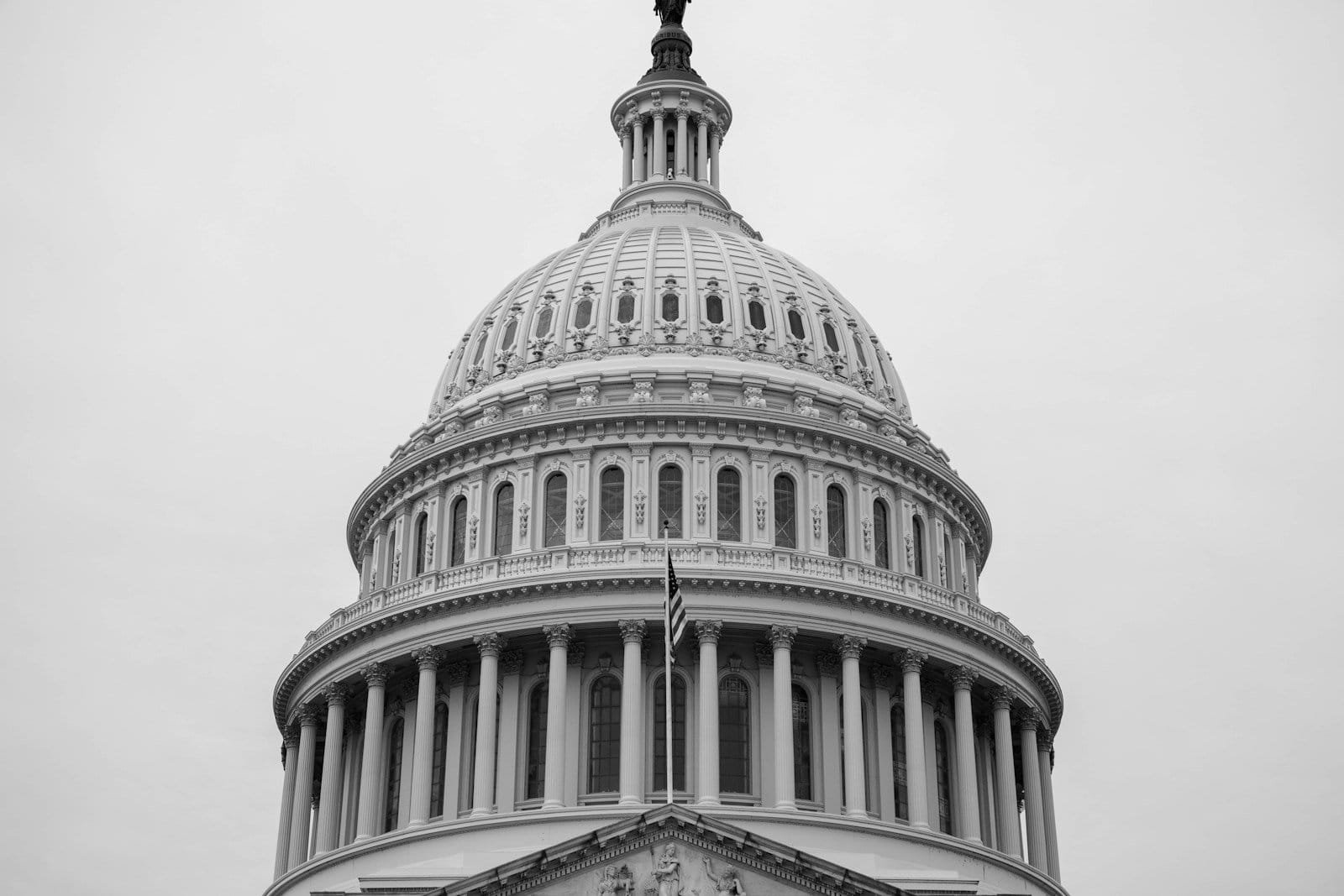Why should you care about statism, the increasing government control over your freedom – particularly economic freedom? Perhaps you have experienced it personally, like those Canadians whose bank accounts were frozen by government order when they supported a freedom protest the government didn’t approve? Perhaps you lost your job or business when the government imposed economic lockdowns during the last pandemic? Or perhaps your business is struggling during today’s tariff wars, or under the anti-trust charges when your company has been more successful in creating value for its customers and shareholders than its competitors?
In that case, you may not need persuading to see that statism is a threat to economic freedom, the basis of your ability to sustain and enjoy your life the way you choose.
On the other hand, you may think that statism, the government’s unlimited power to dictate how you should live and run your business, is just a cost of doing business that makes you “give back.” Perhaps you see unlimited government power as the price you must pay for the benefits of the welfare state: “free” health care, “free” public education, and other “free” handouts and subsidies the government provides, funded by your tax dollars.
In either case, understanding how and why statism is a threat will help you protect against it.
What is Statism?
Statism, as Ayn Rand defines it, is the political principle that life of an individual belongs to the state. This principle gives the government unlimited power, fully exercised in totalitarian systems such as socialism and fascism where the government forces individuals and businesses to do its bidding. In the mixed economy, the social system most prevalent today, statism is tempered with elements of capitalism: some protection of individual rights, such as to liberty and property – but only until the government deems it fit to violate them, in the name of undefinable “public interest.”
Because there is no clear principle delimiting the government’s power in a mixed economy, it is an unstable system where the government tends to increase its control over individual freedom.
This trend is demonstrated today in the United States, where President Trump is interfering in trade by imposing high tariffs on foreign companies in futile pursuit of “a trade balance” – which amounts to import taxes that either reduce companies’ profits or increase prices for customers, or both, and serves as a threat to U.S. companies to repatriate manufacturing from low-labor-cost countries. Donald Trump is not the only American president meddling with economic freedom. Besides tariffs, there is a long history of antitrust enforcement attacking successful companies (such as Alcoa in the 1930s, Microsoft in the 1990s, and Google today) that create great value for their customers and shareholders. The U.S. government has also long hindered free trade through immigration restrictions, such as the H1B and other work visa regulations.
Canada has followed a similar pattern: the government dictating conditions for company mergers (recently, between the mining giants Anglo American and Teck) to protect the “public interest,” taking over private companies that it first tried to suffocate with regulations (Transmountain pipeline), preventing Canadian companies from selling LNG (liquified natural gas) to European countries who needed it to replace Russian supply after its invasion of Ukraine, and the government’s current attempt to take over housing construction through a new government agency.
But why worry about the government’s increasing power, as long as it takes care of us by “redistributing” income and wealth from the haves to the have-nots, in the name of equity? Because violations of our economic freedom prevent us from living our best lives. Governments’ violation of property rights and limiting free trade discourage investment, reduce productivity and job creation, stagnate wages, lower supply of products and services, and increase consumer prices. All this balloons government debt and limits our prosperity and therefore the choices available in our lives and business.
Historically, Americans have enjoyed relatively more freedom, which has resulted in higher investment, productivity, wealth creation, and higher general prosperity (as measured by GDP per capita) than in Canada. But increasing statism has eroded freedom in the United States also. Heritage Foundation ranked the U.S. 26th (out of 184 countries) in its 2025 Economic Freedom Index, citing “substantial government expansion, increased regulatory and tax burdens, and a loss of confidence in the government” as undermining economic freedom.
Altruism Enables Statism
Why do people tolerate or even embrace statism, despite the lost economic freedom and declining prosperity? Because they accept its moral basis, altruism, that tells us to always put others’ interests first and be our brothers’ keeper. Others’ needs impose a duty on us to fulfill them. Statism capitalizes on the altruist moral code by claiming that the government knows best how to coordinate sacrifice for others and to curtail our tendency to pursue self-interest.
The only way to reverse encroaching statism is to reject altruism as a lose-lose proposition that demands the sacrifice of the more able and productive to the needy and leads to mutual destruction. If we want human flourishing and prosperity, we need a different moral code and a different social system. We must demand freedom to pursue rational self-interest, based not on sacrifice of anyone but on production and mutual trade. For that, we need capitalism.




